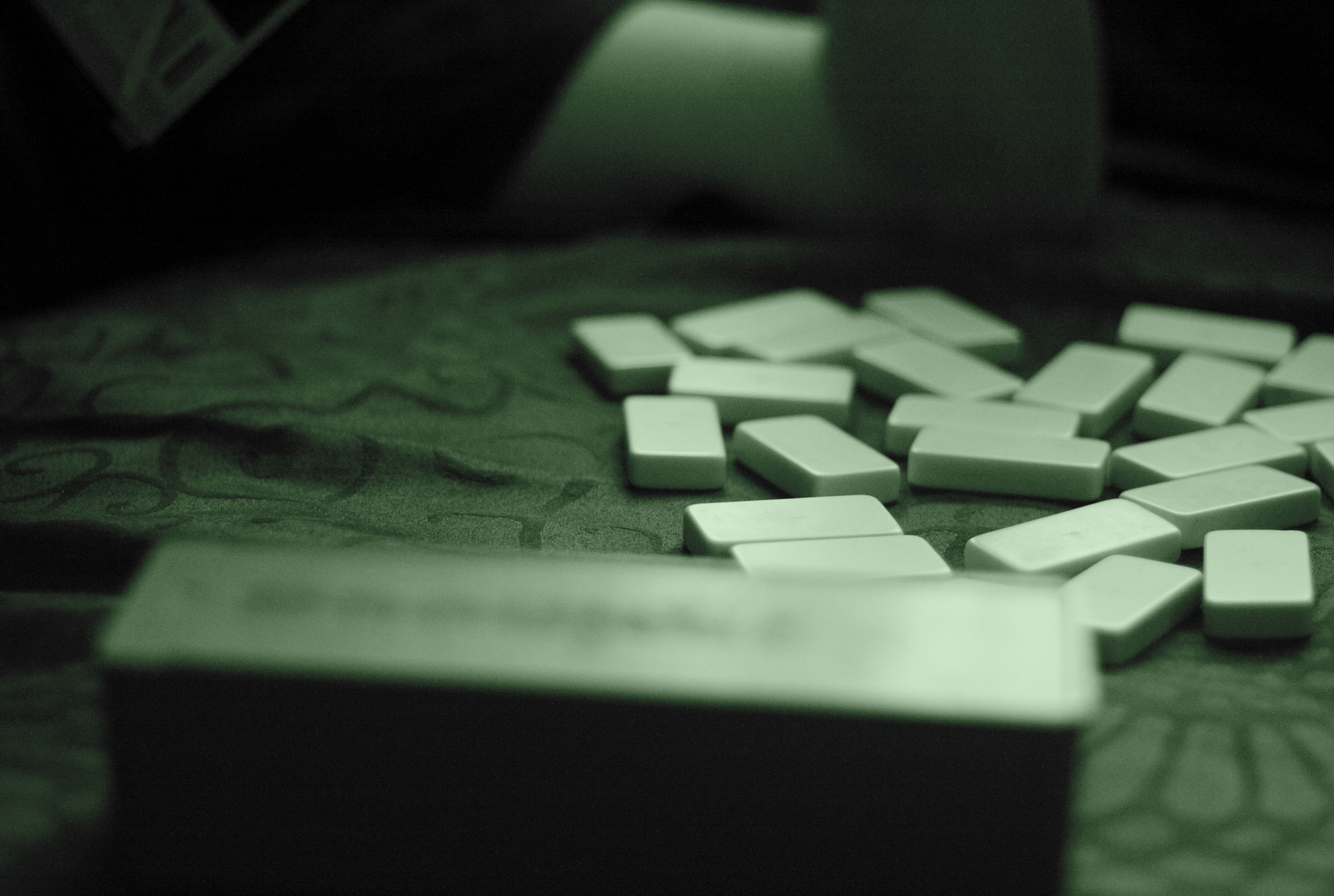I had never been much of a fan of board games. They seemed to go on for ages, and the injustice of failing to win or being cheated at the last minute was never worth the effort. I would flip the board off the table and storm off, vowing to leave home as soon as I turned eighteen and never associate with the treacherous backstabbers in my family again. Their crime? Managing to buy the last blue street in Monopoly or stifling a giggle as I knocked off the Jenga tower.
But 2020 makes fools of us all.
Earlier this year, my mum was diagnosed with breast cancer. In April, she was admitted to hospital with suspected coronavirus disease and ten days later, when she went into a medically induced coma, we were called in to say goodbye. We were told survival rates in cases such as hers at this point were 50%.
In May, her kidneys began to fail. We were told that once dialysis was required her chance of survival went down to one in five. My overriding memory of this time is waiting for the phone to ring. The strictly-no-visitors policy meant we were dependent on the doctors calling us or us calling the nurses in the ICU. We tried not to call them because the nurses were amazing professionals who had to take time out of whatever they were doing to answer the phone. But when you are just waiting for the phone to ring or someone to pick up, the waiting is excruciating.
Against all the odds, she regained consciousness. She was discharged on the last day of July and our whole street turned out to see her home. My brother tied balloons into the bushes and my cousin made her a welcome home sign. Then started a different ordeal: the recovery. Initially she could only shuffle ten steps. Slowly she became stronger. Every day she could do a little more. But recovery’s bedfellow is boredom. It was crushing. She was too tired to go anywhere or do much. It stung that she couldn’t do the things she used to, even the simple things, like getting up off the sofa herself or making a cup of tea.
As we looked around for something to do together, I found the game cupboard and pulled out a box of dominos that I was sure I had never seen before. After arranging the pillows so she could sit up, I poured the dominos out onto a dinner tray on her lap. They clattered onto the plastic tray rather noisily, but as she was now hard of hearing (a common complaint in long-term ICU patients, we were told) she did not seem to notice.
We played the first game inside twenty minutes. My mother’s own mother had taught me how to play when I was a child in the long school holidays. I assume she had also taught my mother to play when she was a child, but surprisingly, I had never thought to ask before writing this piece.
We played another game, and then another. Soon it became a daily ritual. The chunky black plastic dominos with clear white dots had clearly been made for the small grabby hands of young children— maybe they had been a gift to me or my brother decades ago.
As we pushed our dominos around, her recovery progressed. Slowly, the first few weeks seeming endless. We moved the pieces from a tray on her lap while she sat in her special chair onto the coffee table. As the weeks turned into months, the day we eventually moved onto the kitchen table felt momentous, one of the milestones of her recovery.
As we played, we talked, and I learnt that it does not matter who wins. I would roll my eyes at teachers on sports day who would say everyone wins by taking part but they really weren’t wrong.
The real prize for me was taking part and time spent playing with my mother.
Phoebe Whitlock (instagram) is 27 and works in the legal world but outside of that, she loves books and talks about them a lot at @pausebooks on Instagram. She loves writing and is currently writing her first novel.
Image based on Dominos by Robb and Jessie Stankey under a CC BY-NC-SA 2.0 License, and shared under the same license.
